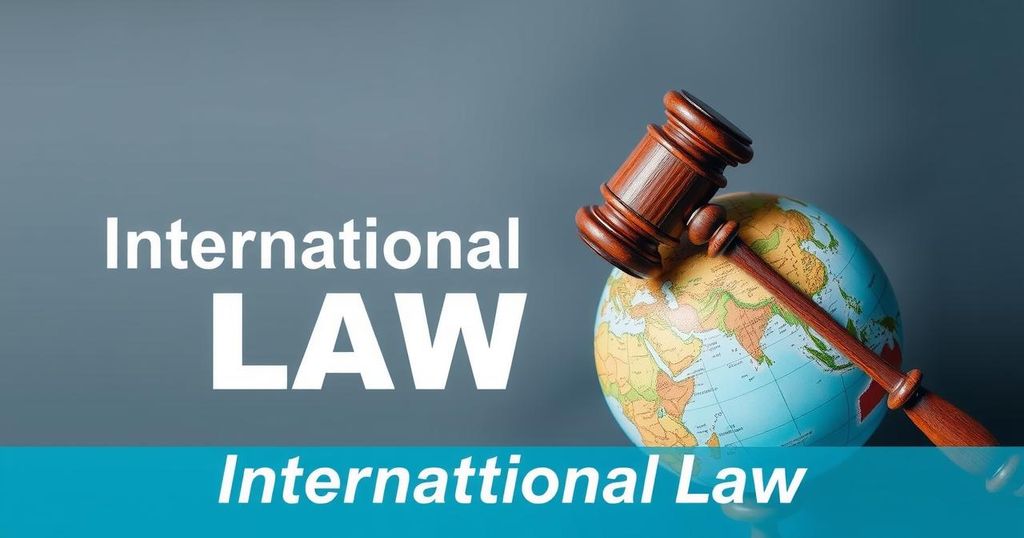Global news
AFRICA, ASIA, BAB EL - MANDEB, BAB EL - MANDEB STRAIT, BBC, CHINA, CIVIL WAR, CONFLICT RESOLUTION, DARFUR, FOREIGN POLICY, GULF, HUMANITARIAN CRISIS, INTERNATIONAL CONFERENCE, MEXICO, MIDDLE EAST, NEW YORK TIMES, NORTH AMERICA, PEACEKEEPING, RED SEA, SAUDI ARABIA, SUDAN, UAE, UNITED ARAB EMIRATES, US, US SUPREME COURT
Fatima Khan
0 Comments
Sudan Initiates Legal Proceedings Against UAE Amidst Conflict Escalation
Sudan has filed a case against the UAE at the International Court of Justice, accusing it of arming the Rapid Support Forces involved in ethnic attacks in Darfur. This conflict has created a severe humanitarian crisis. The region is also seen as a proxy battleground for Middle Eastern powers, particularly the UAE and Saudi Arabia, vying for control. Meanwhile, a freeze on U.S. aid has worsened the famine situation, prompting urgent calls for international assistance.
Sudan has initiated legal proceedings against the United Arab Emirates at the International Court of Justice, accusing the UAE of supplying arms to the paramilitary Rapid Support Forces amid the ongoing civil war. The lawsuit asserts that the UAE’s support has contributed to ethnic attacks in Darfur, which the United States has categorized as genocidal actions. This conflict has resulted in significant displacement, culminating in a crisis of historic proportions and marking the first global declaration of famine in decades.
As the situation in Sudan intensifies, it has transformed into a battlefield for regional dominance among Middle Eastern powers. Analysts highlight that Gulf nations perceive Sudan’s conflict as a chance to reinforce their influence in the region. Sudan’s geographic position offers strategic access between the Middle East and Africa, linking vital trade routes such as the Red Sea. The UAE and Saudi Arabia are engaged in a rivalry, with each seeking to solidify their control; while Saudi Arabia positions itself as a mediator, the UAE allegedly provides military backing to the Rapid Support Forces under the guise of humanitarian aid.
The suspension of U.S. aid under the Trump administration has significantly hampered efforts to address Sudan’s dire famine situation. Reports indicate that approximately 80% of emergency food kitchens are no longer operational due to the funding freeze. Although the U.S. Supreme Court recently dismissed attempts to maintain this financial block, it remains uncertain when support will be restored. On the ground, the desperate circumstances are evident, as local populations cry out for assistance. Meanwhile, speculation regarding China’s potential involvement highlights the complex dynamics at play; unlike the U.S., China’s engagement with Africa is primarily characterized by pragmatic partnerships rather than aid-driven models.
In conclusion, Sudan’s legal action against the UAE signals a significant escalation in an ongoing civil conflict exacerbated by foreign interference. The situation in Sudan illustrates the complex geopolitical tensions in the region, as Gulf states vie for influence. The humanitarian crisis, deepened by the cessation of U.S. aid, calls for urgent international intervention and raises questions about the effectiveness of traditional aid models versus new transactional approaches. Overall, the developments underline the urgent need for a coordinated global response to alleviate suffering in Sudan.
Original Source: www.semafor.com




Post Comment